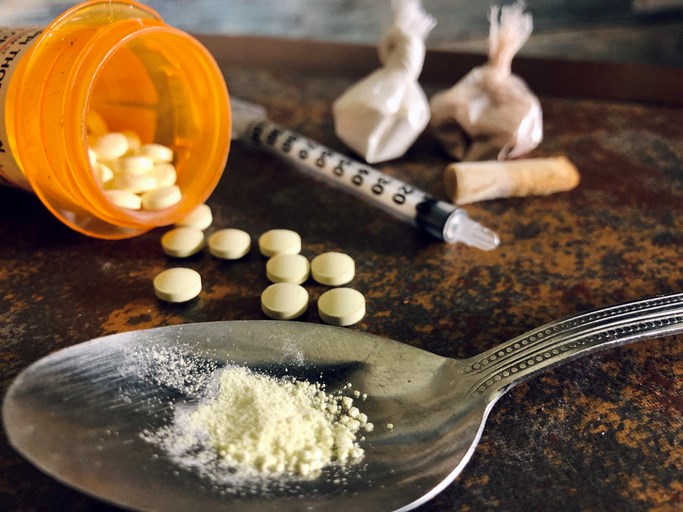The complex and often entwined issues of mental health and drug addiction dominated the provincial political scene in recent days, and, unfortunately, there is every reason to think they will continue to do so.
The latest annual report by B.C.’s chief coroner on toxic drug deaths started things off in a grim way early last week. Lisa Lapointe reported that last year 2,272 people lost their lives from using toxic drugs, a number just slightly below the previous year’s total.
Her report showed, once again, that this crisis extends to all corners of B.C. and is not confined to stereotypical sites such as the Downtown Eastside of Vancouver. In fact, places like Hope, Merritt, the Capital Region, Kamloops and Nanaimo all experienced high numbers of drug-related deaths.
Alarmingly, the report also showed Indigenous people are dying from toxic drugs at a rate five times that of the general population. Indigenous women are dying at an even higher rate of almost nine times that of the general population.
The report coincided with the start of a three-year pilot project that will decriminalize the possession of small (2.5 grams) of illicit drugs. Police will not confiscate small amounts and no action will be taken against any possessor of those drugs.
The B.C. government had been pushing for an exemption from the federal Controlled Drugs and Substances Act, and Health Canada granted it last May. It came into effect last week.
Carolyn Bennett and Jennifer Whiteside, the respective federal and provincial mental health and addictions ministers, heralded the move as “a monumental shift in drug policy” that will help end the stigmatization attached to drug use that in some cases prevents people from getting life-saving help.
Both of these events ― the report and the start of decriminalization ― received considerable media coverage, so it was no surprise that the BC Liberals waded into this policy area with a bang, as they made a related announcement of their own a couple of days later.
The party laid out a major policy plan to tackle the issues of both mental health and drug addictions. And, for now at least, it differs significantly with what is currently being tried.
The BC Liberal plan focuses on recovery rather than prevention and moves away from the de-institutionalization model that has been embraced by various governments (including the previous BC Liberal governments) for decades.
The party pledges to build at least four complex-care regional facilities and five regional recovery centers over three years. The price tag would be $1.5 billion, which includes more than $500 million for capital construction and about $1 billion for treatment and recovery.
BC Liberal leader Kevin Falcon says he is not a fan of decriminalization or a free safe drug supply.
The most controversial part of the plan would allow the use of involuntary care on a limited basis, meaning some people could be confined against their will.
Premier David Eby floated such an idea in last year’s BC NDP leadership race, but has gone quiet on that particular issue since becoming premier.
You can be sure that Falcon will push Eby for clarity on this issue in this spring’s legislature session.
Mental health, drug addictions and their impact on public safety is likely to be a dominant topic in question period in the weeks ahead. No political party can claim to have the key solution to ending this crisis.
But the concept of involuntary confinement of people who pose a danger to others as well as themselves is going to be a big part of that debate.
Keith Baldrey is chief political reporter for Global BC





.jpg;w=120;h=80;mode=crop)